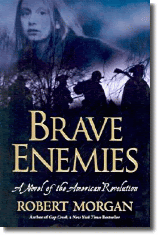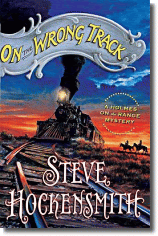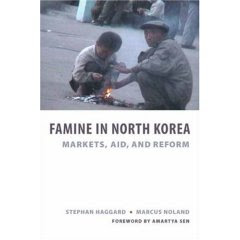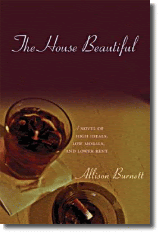Laura Lippman
 Duane Swierczynski recently interviewed Laura Lippman for Philadelphia City Paper.
Duane Swierczynski recently interviewed Laura Lippman for Philadelphia City Paper.
Here's the introduction to the interview and their first exchange:
Two years ago, novelist Laura Lippman was laughing and joking around with friends on the way to the Washington Nationals' Opening Day game. Then they drove past Wheaton Plaza, a shopping mall in a D.C. suburb, and everybody suddenly stopped talking.
Over 30 years ago, two young girls, Sheila and Katherine Lyon, walked to the Wheaton Plaza and never returned home."We were in our early teens when the Lyon sisters disappeared," says Lippman. "I think it was the first crime that felt real to us."
Lippman, formerly a reporter for the Baltimore Sun, has spent a career making crime feel real to readers, both in her award-winning Tess Monaghan series, and lately, in a run of scorching stand-alone novels. Lippman's latest, the time-hopping What the Dead Know, draws inspiration from the true-life mystery of the Lyon sisters, but takes us to the places few journalists dare to venture: inside the heads of the victims, their families, and ultimately, the perpetrators.
(Full disclosure: Lippman has graciously lent blurbs to my books, and even interviewed me once for her Web site. I figured turnabout was fair play.)
City Paper: You claim to have a notoriously bad memory, yet you really seem to nail 1975 as well as 1983 and 1989, from music to style ...
Laura Lippman: I'm not sure if my memory is poor, or if I'm just a lot more honest about its limitations. I've noticed that when you argue with someone over memory, the other person becomes very vehement, because you're basically challenging the whole narrative of his or her life. At any rate, I spent about a month at the Enoch Pratt, our central library, reading newspapers and magazines from 1975. Seventeen was particularly helpful. I was better on 1983 and 1989 because I used to keep pretty decent journals.
Read the entire interview.
--Marshal Zeringue

































